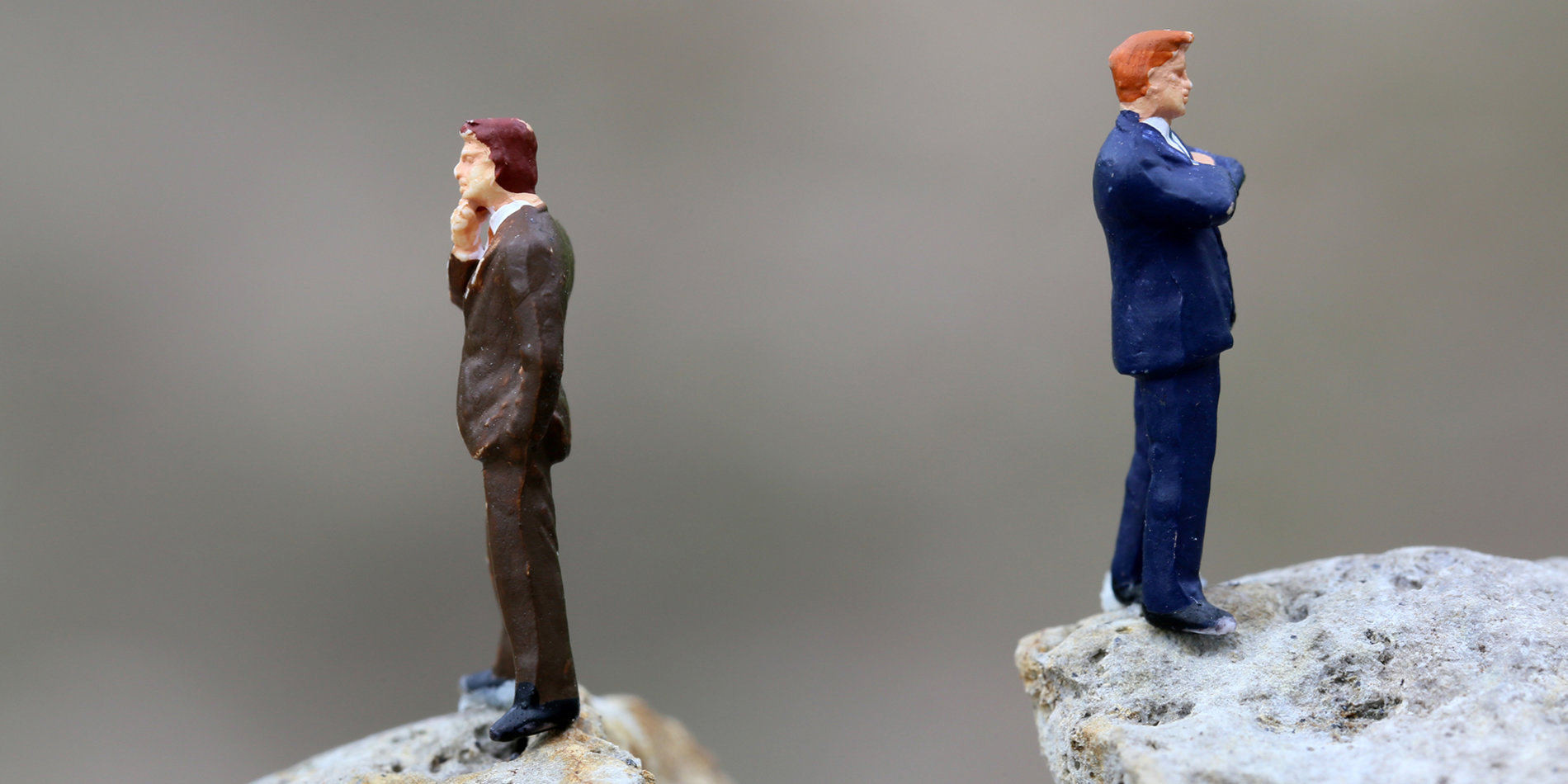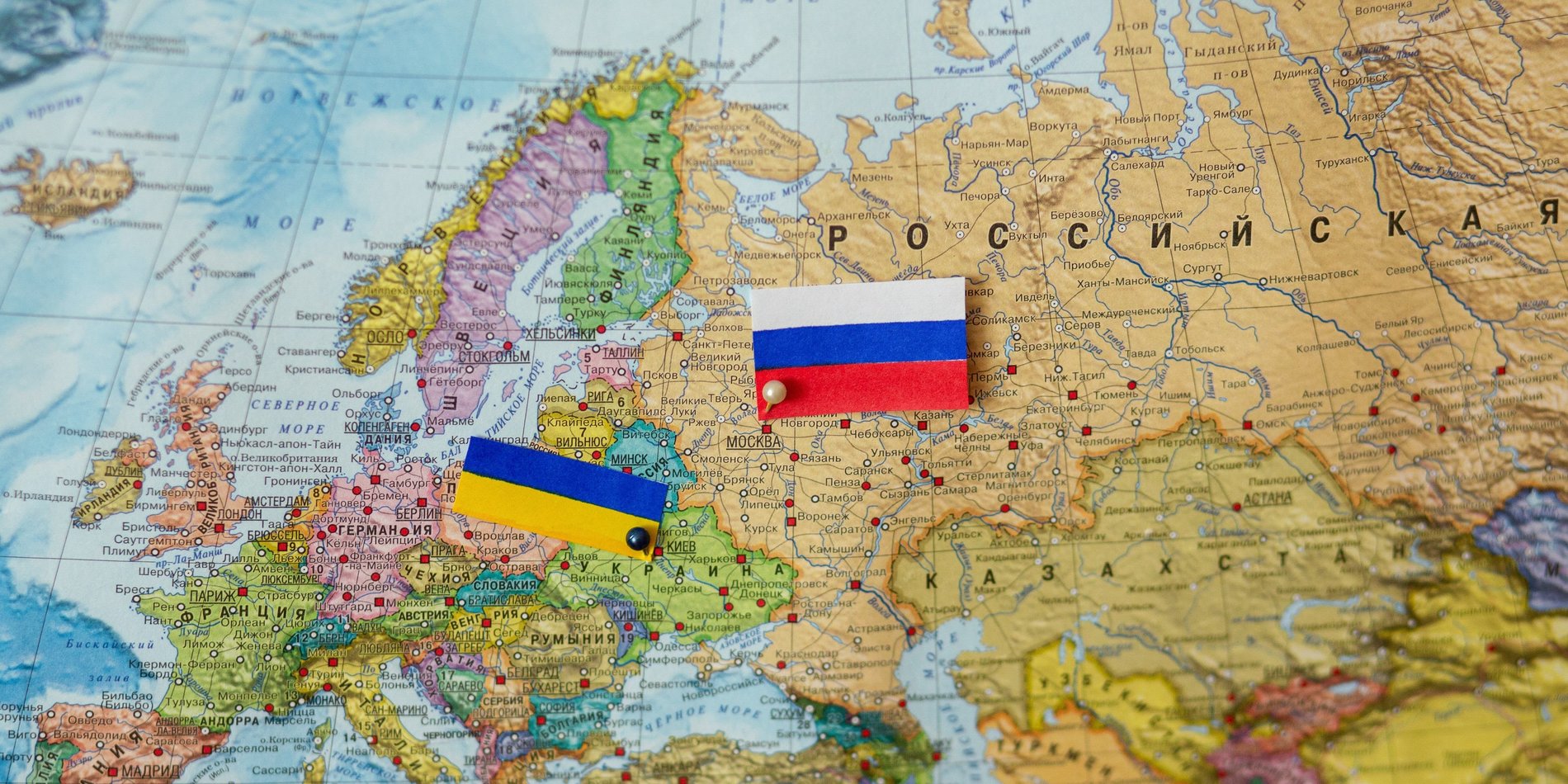Marshall Burke: The impact of climate change on human behavior
While climate change is likely to bring rising sea levels, more frequent and stronger storms, as well as vanishing glaciers and coral reefs, experts say there are other lurking impacts that could have a more lasting effect on human behavior and health.
Marshall Burke is a professor of Earth System Science and a fellow at Stanford’s Freeman Spogli Institute for International Studies who says that recent research shows rising global temperatures will lead to more wars, higher crime rates and greater infant mortality.
On a positive note, he points out that such predictions are starting to seep into cost-benefit calculations and that present-day mitigation could be felt sooner and more deeply than presently thought. Burke says that, in the new math of climate change, the benefits of investment vastly exceed the costs, but we must act soon.



